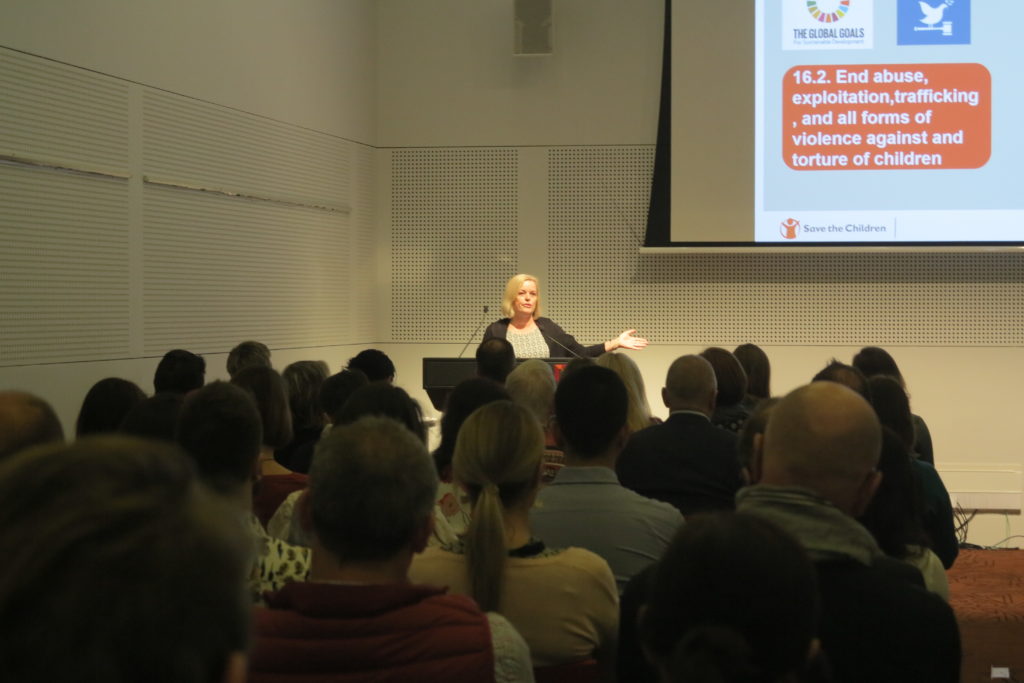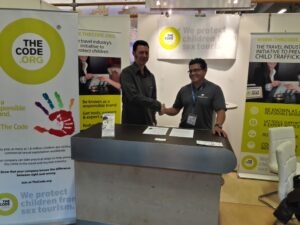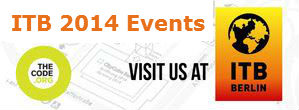Ethical Student Travel: Protecting Children and Communities, ReThink Orphanages Network
August and October 2018 – Melbourne, Perth, Adelaide, Sydney & Brisbane
Overseas student travel, volunteering and service has become more and more popular as service travel is increasingly embedded into the Australian school curriculum. Australian’s are eager to support local communities overseas, however these best of intentions can create unintended harm, especially for children.
The Ethical Student Travel: Protecting Children and Communities conference in partnership with Save the Children, World Challenge, Intrepid, Forget Me Not, Monash University and ReThink Orphanages brought together the Australian education sector to explore responsible service and volunteering and the ethics of orphanage tourism, including the proposed Modern Slavery legislation.
According to ReThink Orphanages more than 8 million children live in institutions globally, despite the fact that approximately 80% of these children have family who could care for them given the right support. As a major contributor to the supply chain of people, money and resources that drive the global orphanage industry, tourism and orphanage volunteering is creating a demand for ‘orphans’ and ‘orphanages’.
Across the events, the audience heard from experts in child protection and tourism as well as government including Save the Children, Forget Me Not, ALTO Global Consulting, World Challenge, Intrepid Group Monash University and Ayana Journeys and keynote speaker Senator Linda Reynolds. Presentations covered the legal implications of orphanage trafficking to the well documented harms of residential care, as well as case studies and best practice examples of ethical and sustainable tourism option.
In 2017 Australia established a parliamentary inquiry into the establishment of a Modern Slavery Act, following the lead from the United Kingdom. ReThink Orphanages Network saw an opportunity to work with the Australian government and Senator Linda Reynolds to ensure that orphanage trafficking was included in the proposed Modern Slavery legislation. Now, in a world first, Australia is the first country to explicitly include orphanage trafficking and tourism within its definition of modern slavery.
So what will the Modern Slavery Act mean for schools?
When Modern Slavery Act comes in effect it is expected that orphanage tourism and will be criminalised and companies, including tourism operators with turnovers of $100 million will be required to report on their supply chains as well as any involvement in or funding of residential care.
The conference highlighted that with the proposed Modern Slavery legislation expected to pass through parliament by the end of 2018 that the education sector needs to get prepared for these changes as well as to ensure they are equipped to conduct their due-diligence when travelling abroad. ALTO Global Consulting is one particular resource that is available to support schools in creating a plan to withdraw from supporting residential care as well as redirecting funding towards more ethical alternatives.
Are we doing harm? How can we engage with communities ethically and mutually beneficial?
Travel companies World Challenge and Intrepid Group shared their stories behind the decision to withdraw from orphanage tourism and ensure their business practices better protected vulnerable communities and children. World Challenge didn’t just want to stop there. In partnership with Ayana Journeys, they have since created and trialed Critical Thinking Workshops for their students to engage with the issue of orphanage tourism and support them to think critically about their travel impact. Intrepid Group has also been working to update their child protection policies to explicitly include orphanages and ensure their staff are well equipped to guide travellers in understanding child protection.
Read Intrepid Group’s child protection guidelines here .
The Code’s Voluntourism Policy
The Code has a voluntourism policy for its members that outlines the issue of orphanage tourism. The Code does not accept membership for organisations that include orphanages or any residential care settings in their tourism programs or packages or that has the possibility to do so. Organisations that have voluntourism activities included in their package but do not focus directly on children are required to adhere to an extra set of minimum criteria in order to become a member.
The Code acknowledges that children in orphanages or residential care centres are at a high risk of abuse and exploitation and are exposed to further harm due to voluntourism and excursions for tourism entertainment.
Ethical Student Travel School Resources
To support schools in understanding the issue of orphanage tourism and ethical student travel, ReThink members World Challenge, ALTO Global Consulting, Save the Children have joined forces to develop a set of resources for schools and universities.
School Curriculum: At the Melbourne event, Bruce Armstrong, Vic Department of Education and training officially launched the new curriculum. Aligned with the Victorian School Curriculum and adaptable to other state curriculums, this resource is designed to support educators in teaching this complex issue, and ensure that students are aware of the ethics of travelling abroad and orphanage tourism.
Ethical Travel Self-Assessment Toolkit: The toolkit is designed support teachers and schools when taking students overseas to ensure their trip is well managed and that a thorough risk assessment can be undertaken. This resource is not only for protecting vulnerable children but also covers ethical and responsible travel advice for trips ranging from construction to community engagement. This resource is user friendly with clear guidelines as well as practical good practice examples.



